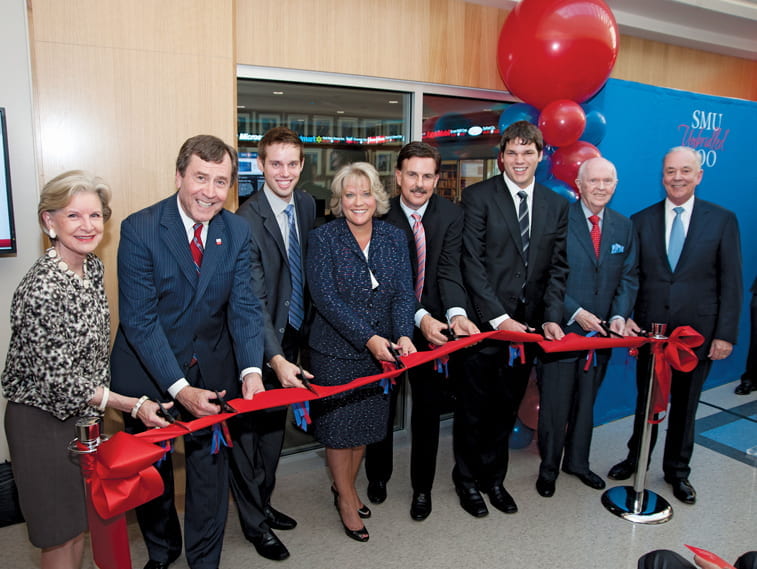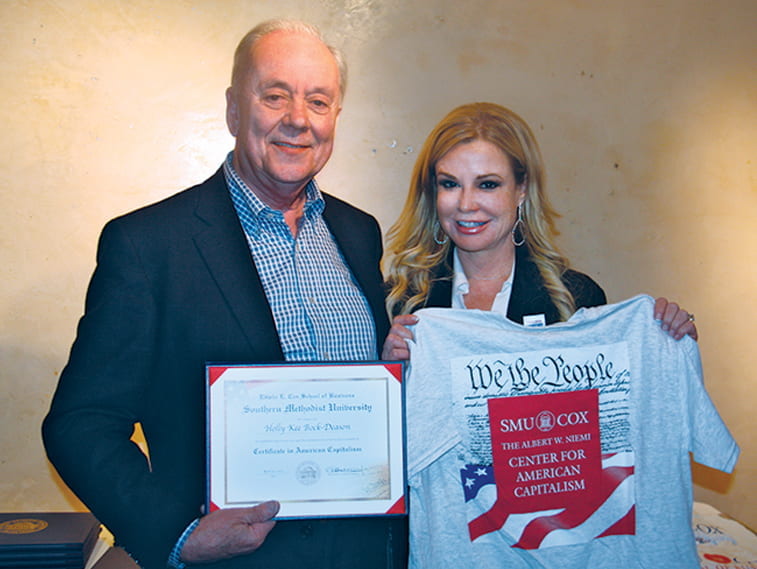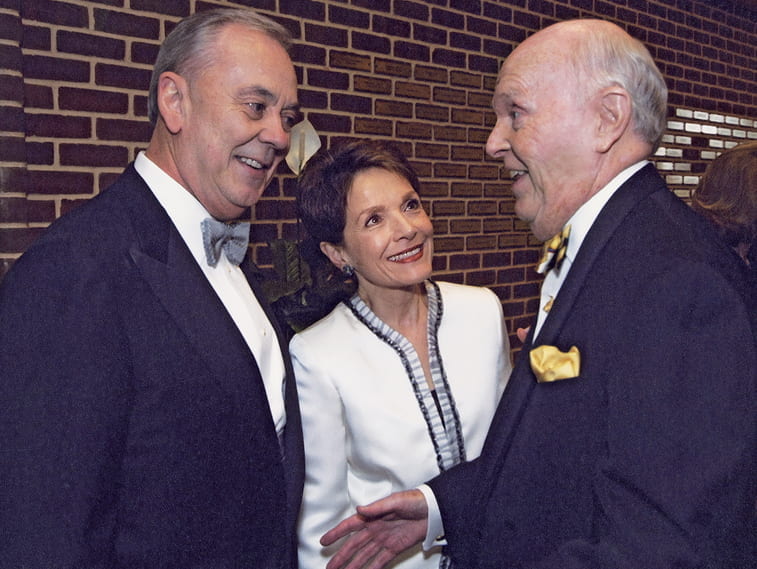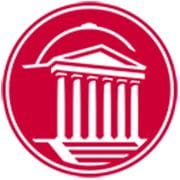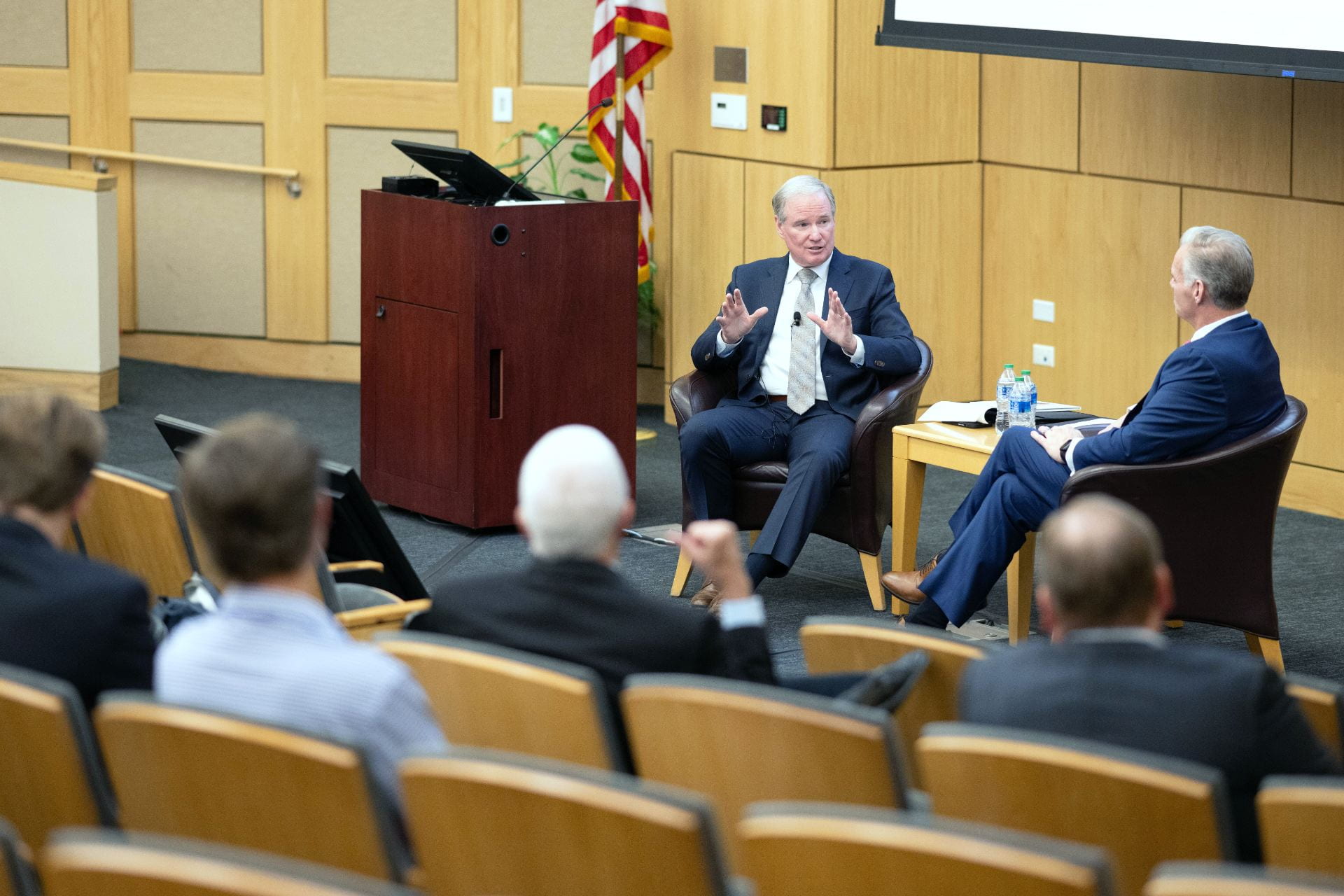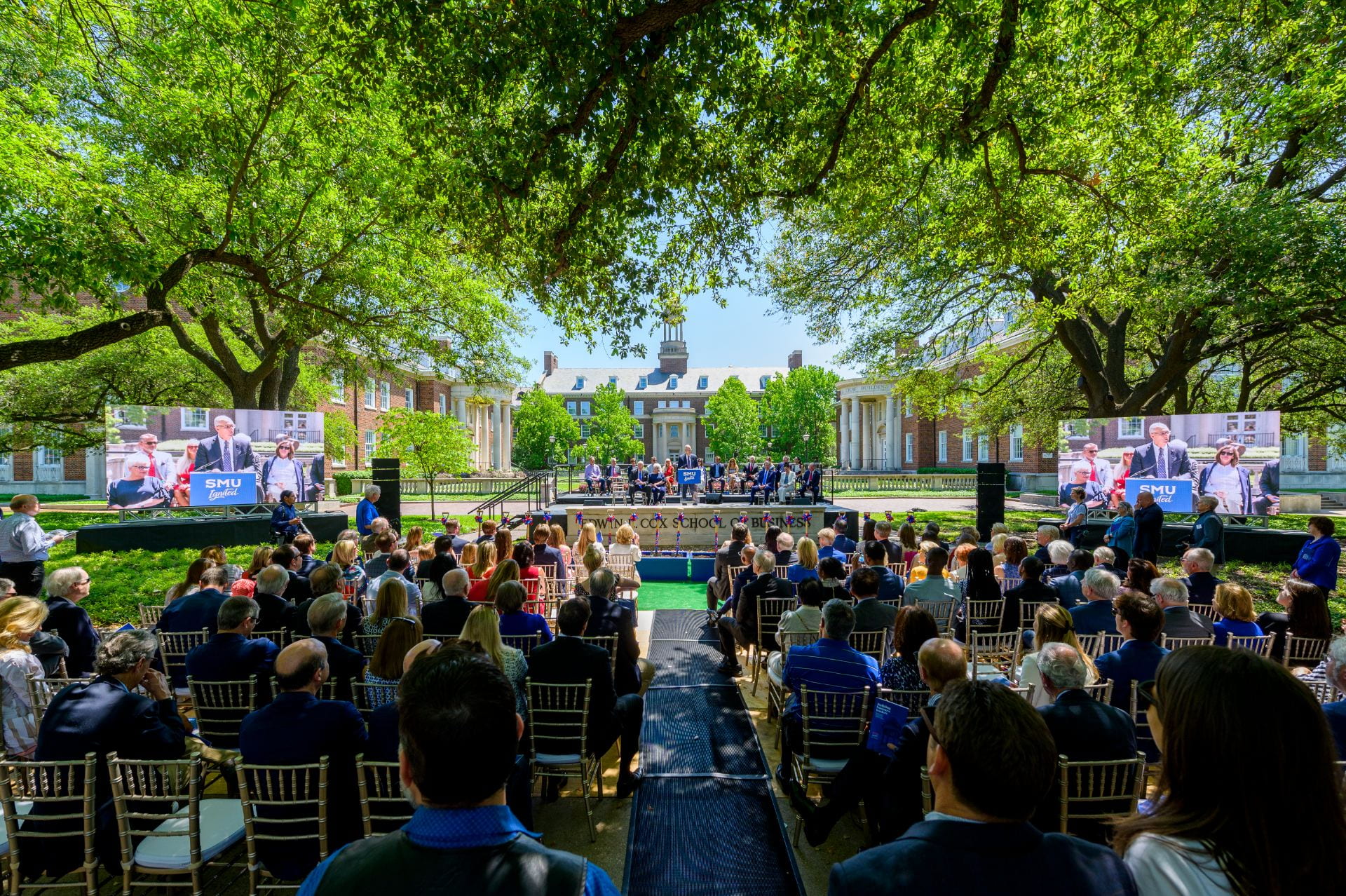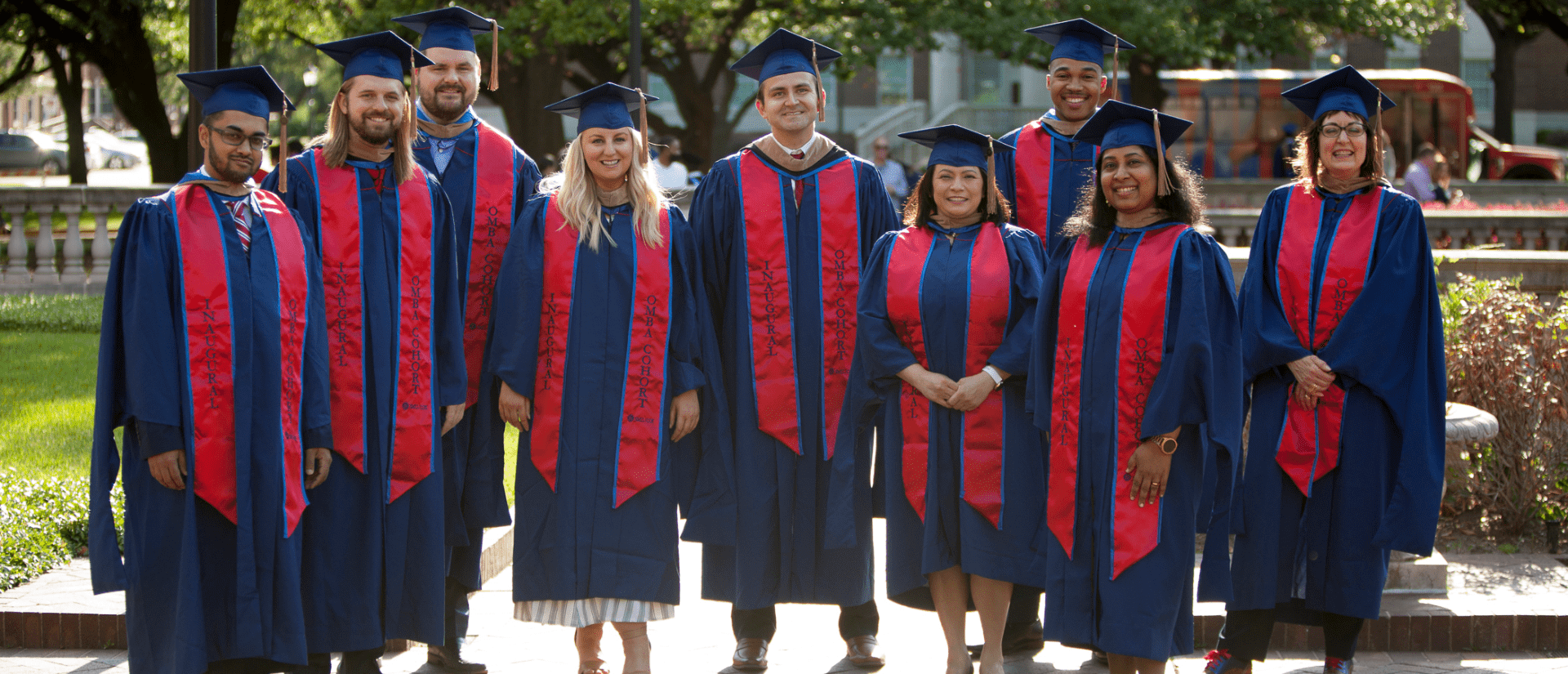Because of his enthusiasm for knowledge — both acquiring, by way of research, and sharing, by way of teaching — academia was a natural career choice for Al Niemi. Early on, he did not have his sights set on leading a department, much less a business school, but destiny called in the form of his fellow professors at the University of Georgia.
“I never went looking to lead the organization. I got pushed to the top by my colleagues because they had the confidence that I could lead,” Niemi said.
It was always there, but once he was more-or-less “drafted” into a position of leadership, his natural propensity to look for the best in people was strengthened and a guiding principle emerged.
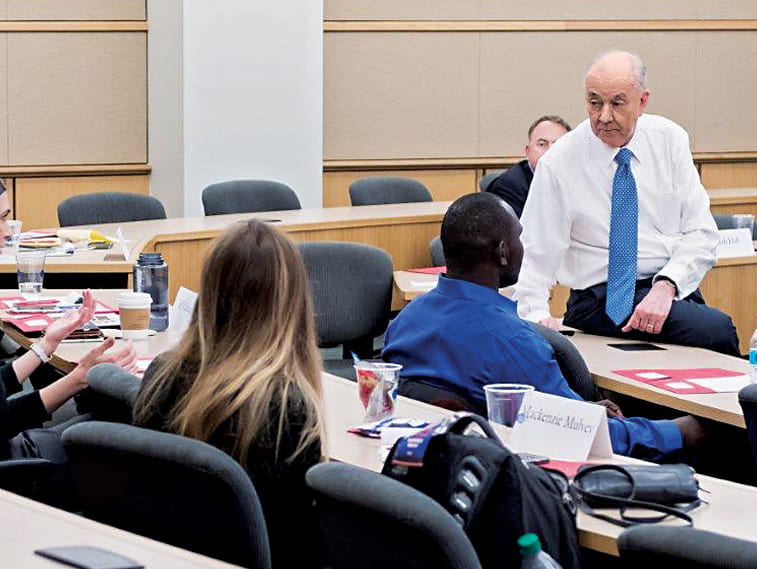
“From the president to the custodians, I want to treat them in the same way,” said Niemi. “If you do that over time, people want you to be successful. They embrace you. They push you forward, and you become part of their family.”
Niemi has consistently reiterated to students at orientation and at commencement the importance of treating people with respect.
Throughout 35 years as a business school dean, 15 at the University of Georgia and 20 at SMU, Niemi has consistently reiterated to incoming students at orientation and graduates at commencement the importance of treating people with respect. It is simple advice, but it is also at the heart of principled leadership, yet another predilection for Dean Niemi. As he steps into his new role in the Niemi Center for Economic Growth and Leadership Development, principled leadership is a key focus. The Center initially launched with lead gifts from the Tony and Jil Boghetich family (BBA ‘75 and ‘76, respectively) and the family of Bill (MBA ‘71) and Laura Wheless.
“I find that through Dean Niemi’s many years of strong leadership and valuable commitment to excellence, SMU Cox is unmatched in its educational offerings. We are happy to provide support that can help continue that legacy,” said Bill Wheless when the Center was announced in the fall of 2014. At the launch event, Tony Boghetich said, “I started out thinking about the transformative effect Al Niemi had on the Cox School of Business. We decided we needed to do something to honor his impact while Al was still here.”
Maribeth Kuenzi, Merriman Professor of Economic Growth and Leadership Development and the director of the Niemi Center, said that in the two years since the Center launched, “It has expanded its reach, with even more of an emphasis on molding today’s students into tomorrow’s leaders.”
Niemi, who will have an active role in the Center, said, “What I’m hoping is that our Center can shape the next generation of leaders in America by giving them some interesting, thought-provoking research opportunities in partnership with the Bush Institute and the Bush Presidential Center.”
Unique Opportunities with the Bush Center
Through its partnership with the Bush Center, the Niemi Center offers unique research opportunities to SMU MBA and BBA students with a Fellowship Program in Growth and Freedom, community outreach and academic programs. In addition to the Niemi Center’s work with the Bush Center, Niemi is one of 11 members of the Advisory Council of the George W. Bush Economic Growth Team. He serves alongside such luminaries as Ben Bernanke, former Federal Reserve chairman, and former U.S. Senator Mel Martinez.
“The Niemi Center has expanded its reach, with even more of an emphasis on helping mold today’s students into tomorrow’s leaders.”
“We are honored to have Dean Niemi on our Economic Growth Advisory Council. He has a thorough knowledge of the American economy, past and present, which provides a much-needed perspective for our economic growth policy work,” said Holly Kuzmich, the executive director of the George W. Bush Institute and senior vice president at the George W. Bush Presidential Center. “[Dean Niemi’s] service to us also represents the special relationship the Bush Institute has with the SMU community, the value of which cannot be overstated.”
An economist and accomplished researcher, Niemi shares his knowledge about the history of American capitalism in classes with Cox undergraduat and graduate students. Through the Niemi Center, he has taught and will continue teaching a similar certificate program — available to the public once a year.
Dean Niemi is called on regularly to offer his economic perspective to business and civic groups across the nation. One of the hallmarks of the past few years has been his annual Economic Outlook Breakfast, wherein he leads an end-of-year economic discussion with Cox experts and select local and national media representatives.
Connection to Dallas and the North Texas Community
A regular guest at the annual breakfast, Cheryl Hall, a longtime business columnist for The Dallas Morning News, said, “Al has been one of my go-to guys for easy-speak for two decades. He can make the complex discernible and has the added, and much appreciated, ability to inject a touch of humor into otherwise dense or esoteric topics.”
For years, Niemi traveled annually to Atlanta and surrounding areas to present his annual economic analysis. His expertise served him well in his role as a member of the International Advisory Council for the Dallas Regional Chamber of Commerce (known then as the Greater Dallas Chamber).
Cheryl Unis Mansour, vice president of development at The Catholic Foundation of Dallas, praised the dean’s involvement, since 2006, as a member of the non-profit’s Advisory Council. “He is so very gracious and generous to share his expertise and many talents in educating Foundation members on business and the economy in North Texas and the community we serve,” she said.
The dean at any school serves as its chief academic and executive officer. “Under his leadership, the Cox School has strengthened its connection to the Dallas and North Texas community of which SMU is a part and has also become a globally prominent business school,” said SMU President R. Gerald Turner, who recruited Niemi to serve as dean of the Cox School in 1997.
During two decades at the helm of SMU Cox, Al Niemi became the face of the school well beyond the SMU campus. As he transitions into his new role, he will continue to teach and be guided by his dedication to knowledge, people and principled leadership.



